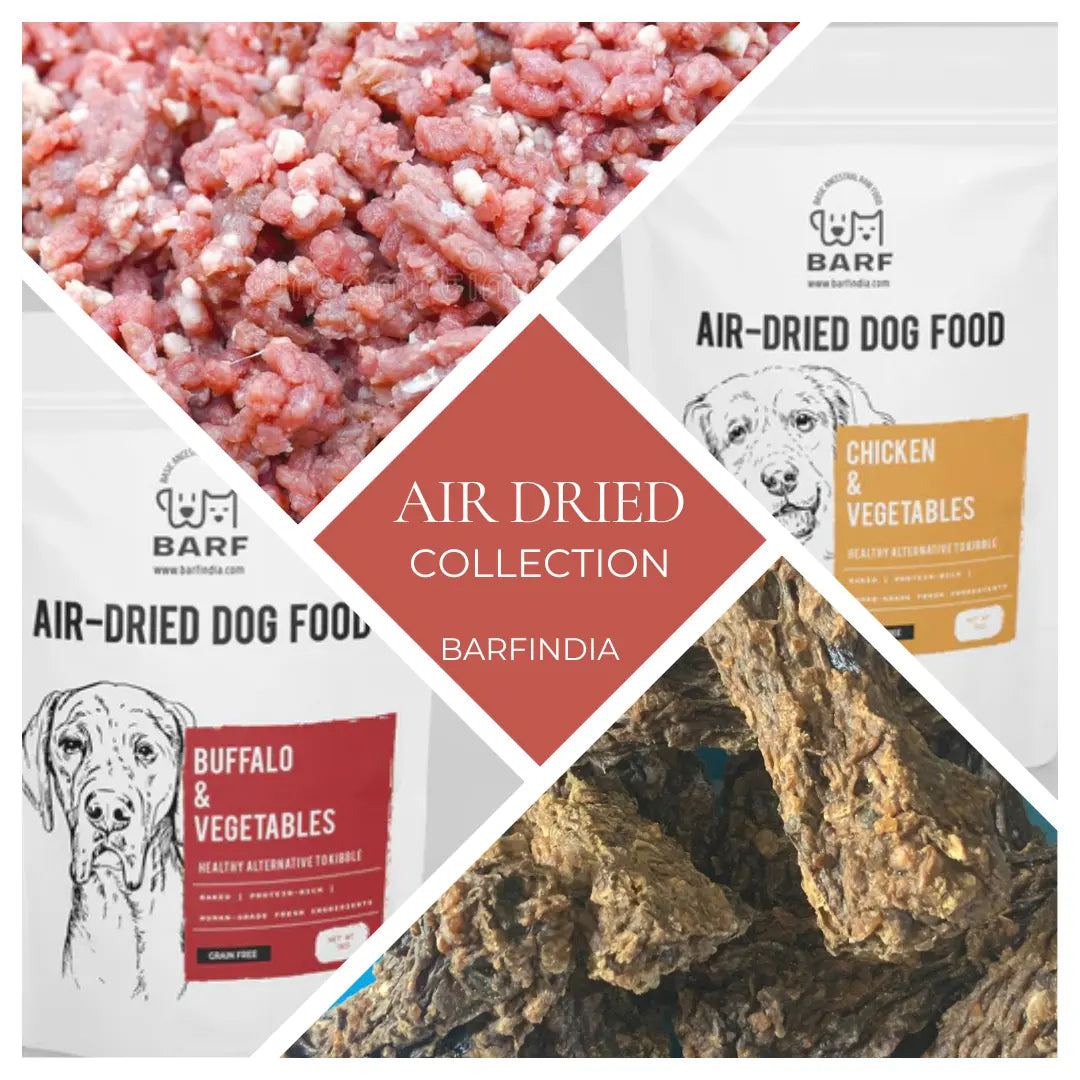
Battling the Bulge: Understanding and Addressing Obesity Issues in Cats
Nivedita FernandesObesity Issues in Cats: Causes, Risks, and Solutions
Introduction:
Obesity is not just a concern for humans; it's a growing problem among our feline friends as well. As pet owners, we often shower our cats with love, attention, and treats, but sometimes, this love can inadvertently lead to weight gain and health complications. In this blog, we'll delve into the causes, consequences, and solutions for obesity in cats, shedding light on how to help our furry companions lead healthier lives.
Understanding Feline Obesity:
Obesity in cats occurs when they consume more calories than they expend, leading to an accumulation of excess body fat. While genetics can play a role, the primary causes of obesity in cats are overeating and lack of physical activity. Factors such as free-feeding, high-calorie diets, and a sedentary lifestyle contribute significantly to weight gain in cats.
Consequences of Obesity:
The consequences of obesity in cats can be severe and far-reaching. Excess weight puts strain on their joints, leading to arthritis and mobility issues. It also increases the risk of developing diabetes mellitus, hepatic lipidosis (fatty liver disease), urinary tract disease, and respiratory problems. Furthermore, obese cats are more prone to skin issues and grooming difficulties, which can affect their overall well-being and quality of life.
Identifying Obesity issues in Cats:
Recognizing obesity in cats requires more than just eyeballing their appearance. While a visibly round or bulging abdomen is a common indicator, it's essential to assess your cat's body condition score (BCS) accurately. A BCS of 5 (ideal) on a scale of 1 to 9 is optimal for most cats. However, a BCS of 6 or above indicates overweight, while a BCS of 7 or higher signifies obesity. Feeling for the ribs and assessing the waistline can also help determine whether a cat is carrying excess weight.
Prevention and Management:
Preventing and managing obesity in cats requires a multifaceted approach involving diet, exercise, and environmental enrichment. Here are some tips to help keep your cat trim and healthy:
-
Portion Control: Measure your cat's food portions carefully to prevent overeating. Consult with your veterinarian to determine the appropriate amount of food for your cat's age, weight, and activity level.
-
Balanced Diet: Feed your cat a high-quality, balanced diet that is appropriate for their life stage. Avoid free-feeding and limit treats, which can contribute to excessive calorie intake.
-
Regular Exercise: Encourage physical activity by engaging your cat in interactive play sessions using toys such as laser pointers, feather wands, or puzzle feeders. Aim for at least 15-20 minutes of playtime each day to help your cat burn calories and stay fit.
-
Environmental Enrichment: Provide your cat with opportunities for mental and physical stimulation by offering scratching posts, climbing trees, and puzzle toys. Rotate toys regularly to prevent boredom and encourage exploration.
-
Veterinary Monitoring: Schedule regular check-ups with your veterinarian to monitor your cat's weight, body condition, and overall health. Your vet can offer personalized advice and recommendations to help manage your cat's weight effectively.
-
Weight Loss Plans: If your cat is already overweight or obese, work with your veterinarian to develop a tailored weight loss plan. This may involve adjusting their diet, increasing exercise, and monitoring progress closely to ensure safe and gradual weight loss.
Conclusion:
Obesity is a significant health concern for cats that can lead to various medical issues and diminish their quality of life. As responsible pet owners, it's essential to be proactive in preventing and managing obesity in our feline companions. By promoting a balanced diet, regular exercise, and environmental enrichment, we can help our cats maintain a healthy weight and enjoy a happier, healthier life. Remember, a little extra love and attention goes a long way in keeping our furry friends fit and fabulous!



